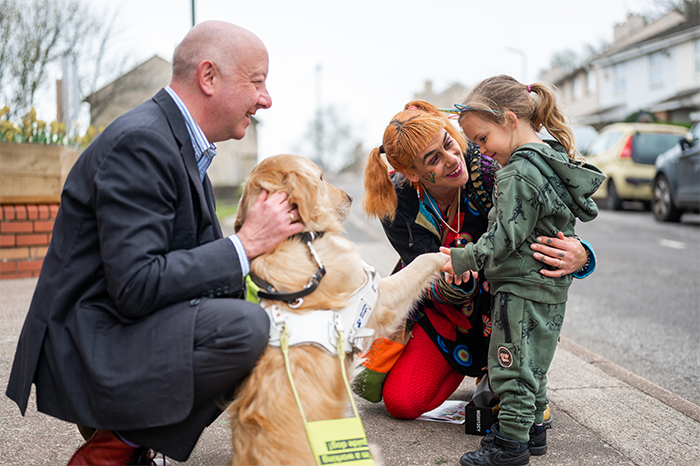I’ve been a councillor for a little over 25 years. Technological advances have made canvassing for election as someone with a sight impairment much easier.
There is technology now that enables me to canvass on my own, and I can use phone canvassing much more effectively. The challenges I face when campaigning are similar to those coping with a disability day-to-day. If you have a disability you have to work that bit harder than a non-disabled person because they find tasks that little bit easier. It's important to play to your strengths, like incorporating technology into your campaign, and build a team of people around you who can help you.
As a councillor with special responsibilities, I get support from the Access to Work Scheme. The biggest challenge is balancing the day to day and strategic management of the local authority. This involves managing the casework and the complaints you are dealing with to drive positive change, whilst also looking at the bigger picture to hold people to account and build positive relationships with key players in the area. I think people need to be able to see that disabled councillors exist and can fulfil important roles on the council in order to be encouraged to stand for election themselves. Mobility and sensory impairments shouldn’t be seen as a problem to being a councillor.
I see casework as really important to the work councillors do as community politicians. Having the connections to build a strategic vision for my community and help turn the tide on poverty or help communities to help themselves is really important. You look for commonality between diverse people and organisations and driving that to try and improve our local community.

